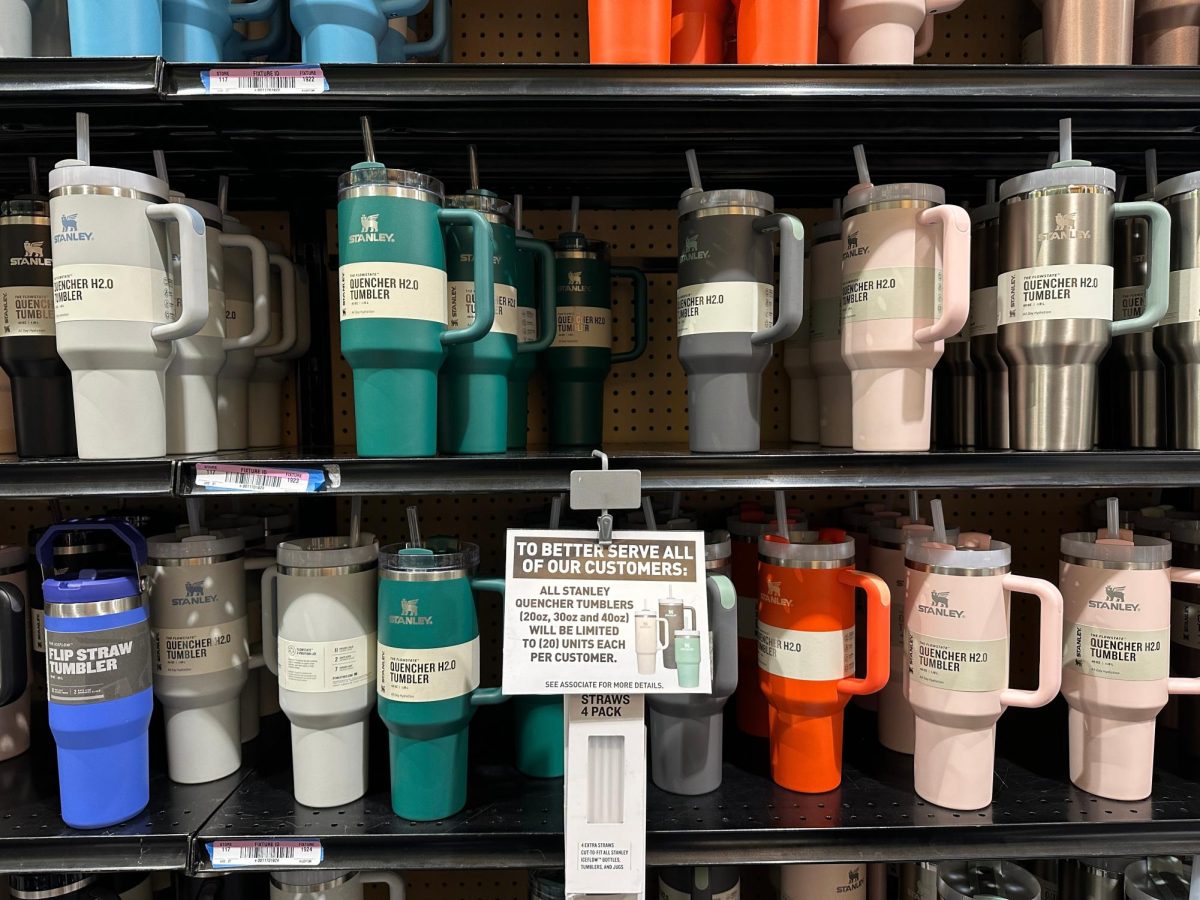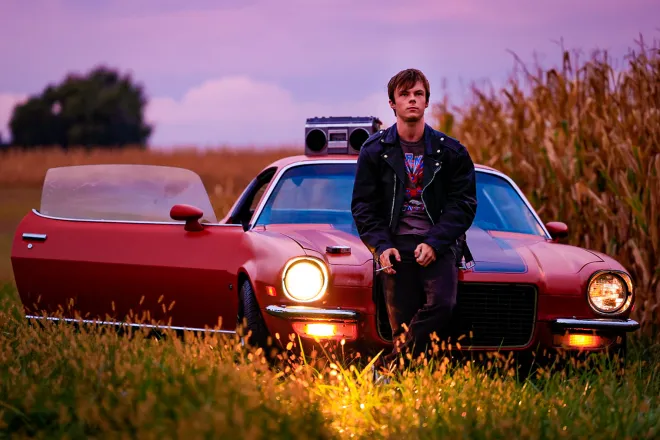Does your insomnia stem from the fact that you don’t have the new edition of the pumpkin spice Stanley? If so, you’re in the right place! Stanley’s revenue rocketed from $94 million in 2020 and was projected to hit $750 million last year, CNBC reported in January of this year. In 2016 stanley released the Quencher. This stainless steel tumbler with a reusable straw and a double-wall vacuum insulation was a huge flop and eventually had to be taken off the market in 2019. In 2017 “The Buy Guide” a blog and Instagram account run by sisters Ashlee LeSueur and Taylor Cannon, as well as their cousin Linley Hutchinson, began buying Stanleys and gifting them to friends and family. “Of all the insulated cups… this is the one,” The Buy Guide wrote on Instagram in November 2017. “Just trust.” Stanley sales then boomed like never before, within an hour 5,000 tumblers were completely sold out. This convinced Stanley to restart quencher sales on the website. Which has led to today’s Stanley gluttony.
Overconsumption in purchases can be exemplified by buying an excessive amount of the same product making it difficult to reuse or replenish. Overconsumption doesn’t only have a negative impact on our wallets but the climate and the planet. Almost everything in our daily lives contributes to greenhouse gas emissions. Consuming large amounts of a product results in a demand, meaning more of the product needs to be produced which costs our valuable resources such as trees. When a tree is cut down the carbon that has been stored is released into the atmosphere. Constant taking of resources from the planet causes a massive release of pollutants. As of December 2023, household consumption was responsible for more than 60% of global emissions.
A new trend has emerged within the past couple of years, de-influencers. De-influencers are using their social media accounts to tell people not to buy or feed into all the things the internet has to offer. The main goal of this trend is to educate people to only buy what is needed in their daily lives and to survive. A famous influencer with over 161 million followers on Tik Tok (@khaby.lame) gained fame by creating playful content and takedowns of life hacks and has become the most followed person for taking down useless products and showing the world what is necessary for daily life. He has shown to the world that we do not need the newest and improved products that are completely useless to our daily lives.
“How can we be buying less and instead educating ourselves more? The reason the de-influencing trend has seen this trajectory is because it’s next to impossible for us to unlearn consumption. We’re socially conditioned to believe that the only power we have is our buying power. I’m trying to help people realize that their power is more than what they buy.” Says Venetia La Manna, cofounder of Remember Who Made Them, a collective that spotlights the plight of modern garment workers. Venetia believes people should stop shopping completely and considers, truthfully, we should be educating ourselves more rather than shopping for meaningless goods.
Overconsumption will always be a part of society and will always affect the economy. But the way people deal with it is important. People shouldn’t buy excess of something that they don’t need, it has effects and that needs to be realized. Keep your collection of Stanley’s to a minimum.





